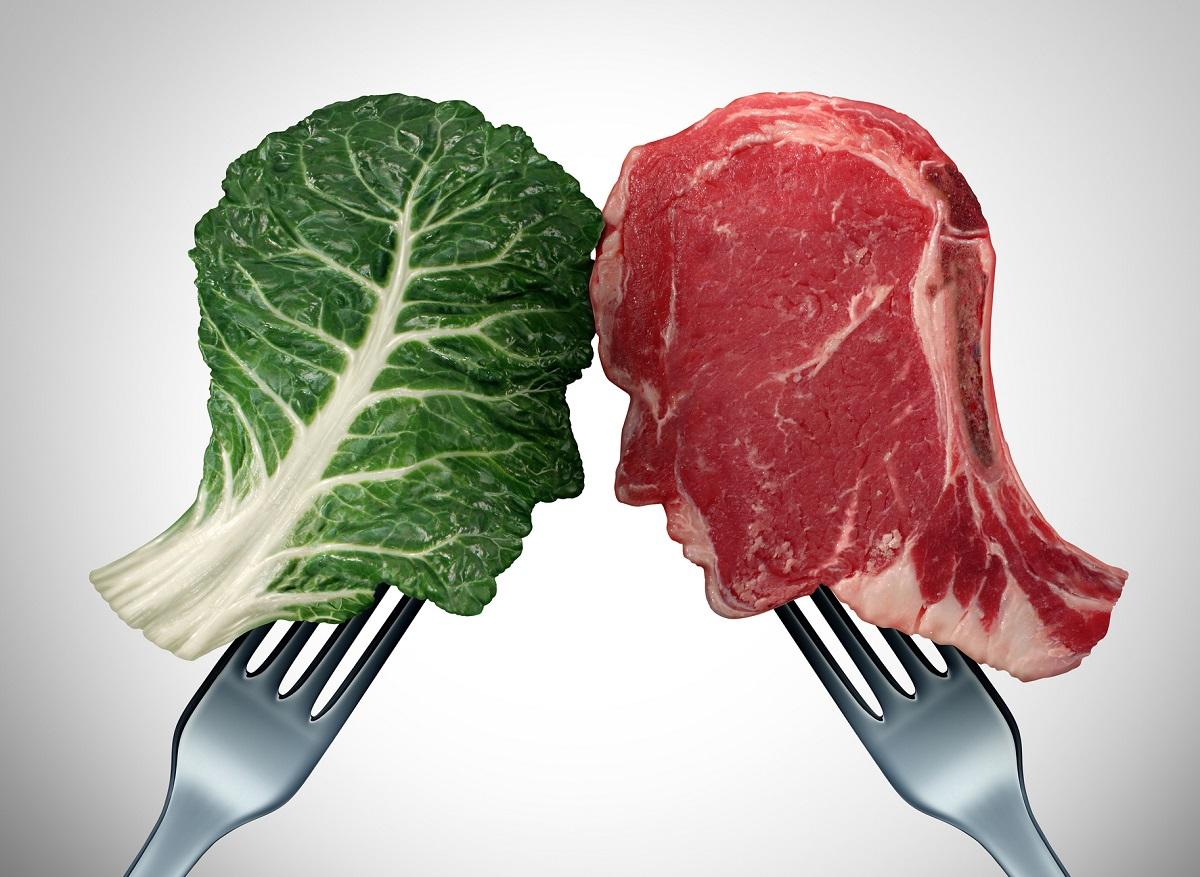Consumers’ plates are changing. Plant-based meat, once confidential, is now establishing itself as a credible alternative to traditional meat. But beyond the fad, what are the challenges of this food revolution?

- Plant-based meat is booming, driven by environmental and health concerns.
- While it offers many opportunities, it also raises important questions in terms of regulation, communication and production.
- To establish itself sustainably, plant-based meat must continue to innovate and meet consumer expectations in terms of taste, texture and nutrition.
One of the main questions that arises around plant-based meat concerns its name. Can we use the term “steak” or “sausage” to refer to a product made from soy, peas or wheat? This question has given rise to many discussions and different regulations depending on the country. The stakes are high: it is a question of not misleading the consumer while allowing plant-based products to find their place on the market.
At the same time, communication around these products is essential. How can we highlight their nutritional and environmental qualities without falling into “greenwashing”? Manufacturers must find the right balance between health claims and scientific realities.
A reduced environmental impact?
Often presented as a solution to reduce our ecological footprint, is plant-based meat really more virtuous than traditional meat? Life cycle analyses show that the environmental impact of plant-based products can vary depending on their composition and production method. While some products are indeed less resource-intensive, others can have a significant impact, particularly in terms of water and agricultural land use.
A nutritional alternative?
Plant-based protein products can be a good source of protein, fiber, and micronutrients. However, their nutritional composition varies and it is important to choose quality products. In addition, some people may have allergies or intolerances to certain ingredients in these products.
New offers for new expectations
The plant-based meat market is growing, with new products being launched regularly. Consumers are looking for tasty, textured and nutritious products that meet their expectations in terms of taste and health. Manufacturers must therefore innovate to offer ever more attractive products.
Mass catering also plays an important role in the democratization of plant-based meat. More and more restaurants, canteens and companies are offering plant-based options on their menus.
Plant-based meat is a social phenomenon that is constantly gaining ground. While it has many benefits, particularly on an environmental level, it is important not to fall into excessive enthusiasm. Plant-based meat is not a miracle solution, but it can be an interesting alternative for those who want to reduce their meat consumption or adopt a healthier and more sustainable diet.
The challenges to be met
While plant-based meat has a bright future ahead of it, it still faces several challenges. These include:
• The taste : Faithfully reproducing the texture and taste of meat is a major challenge for manufacturers.
• The price : Plant-based protein products are often more expensive than meat products, which limits their accessibility for some consumers.
• Consumer perception : There are still some prejudices to be overcome regarding the taste and nutritional quality of these products.

















